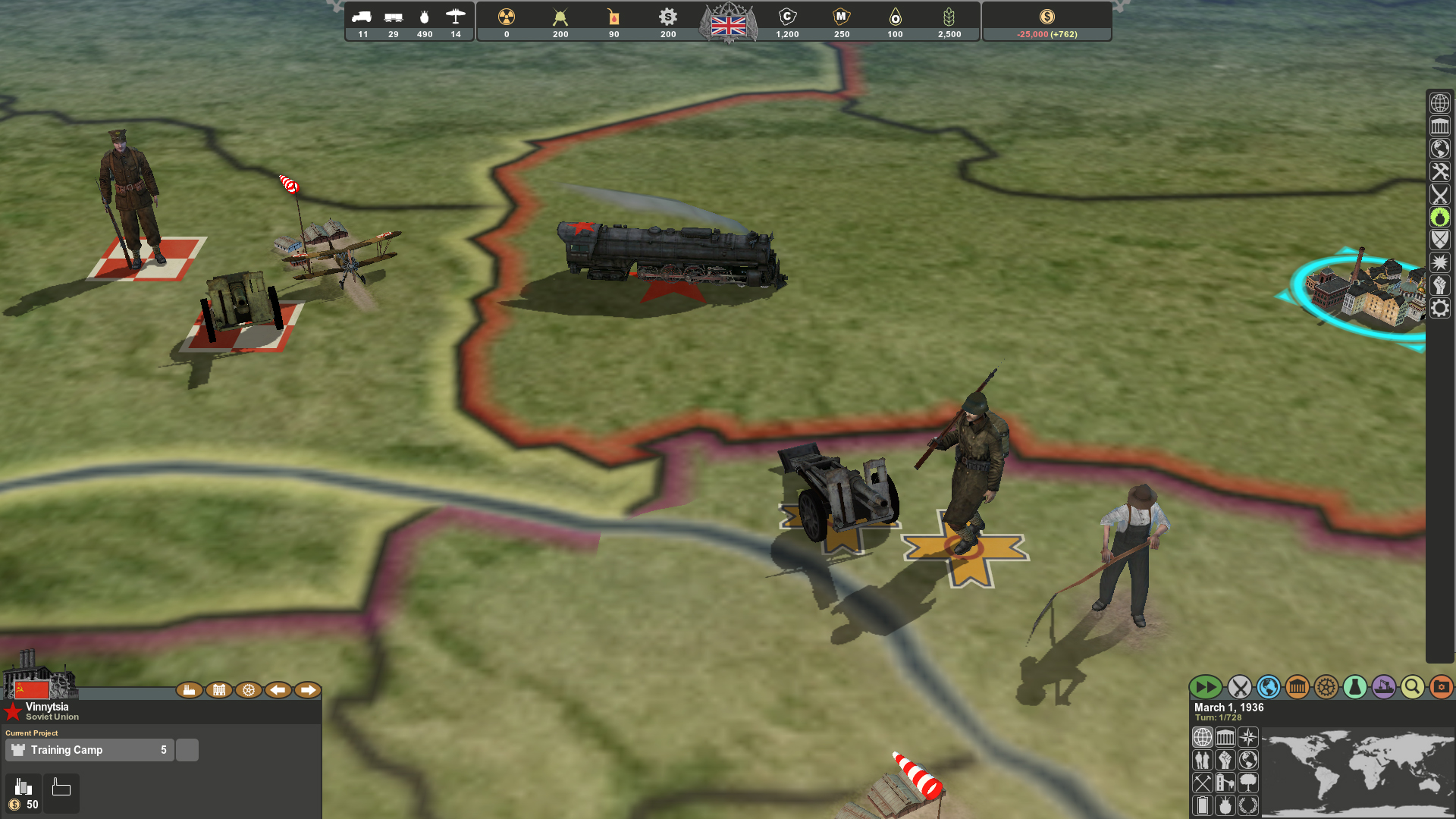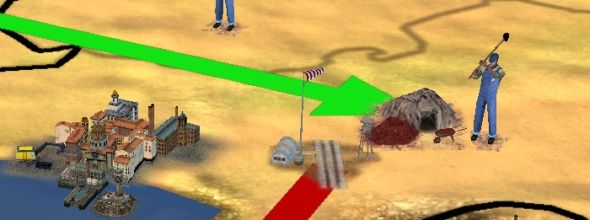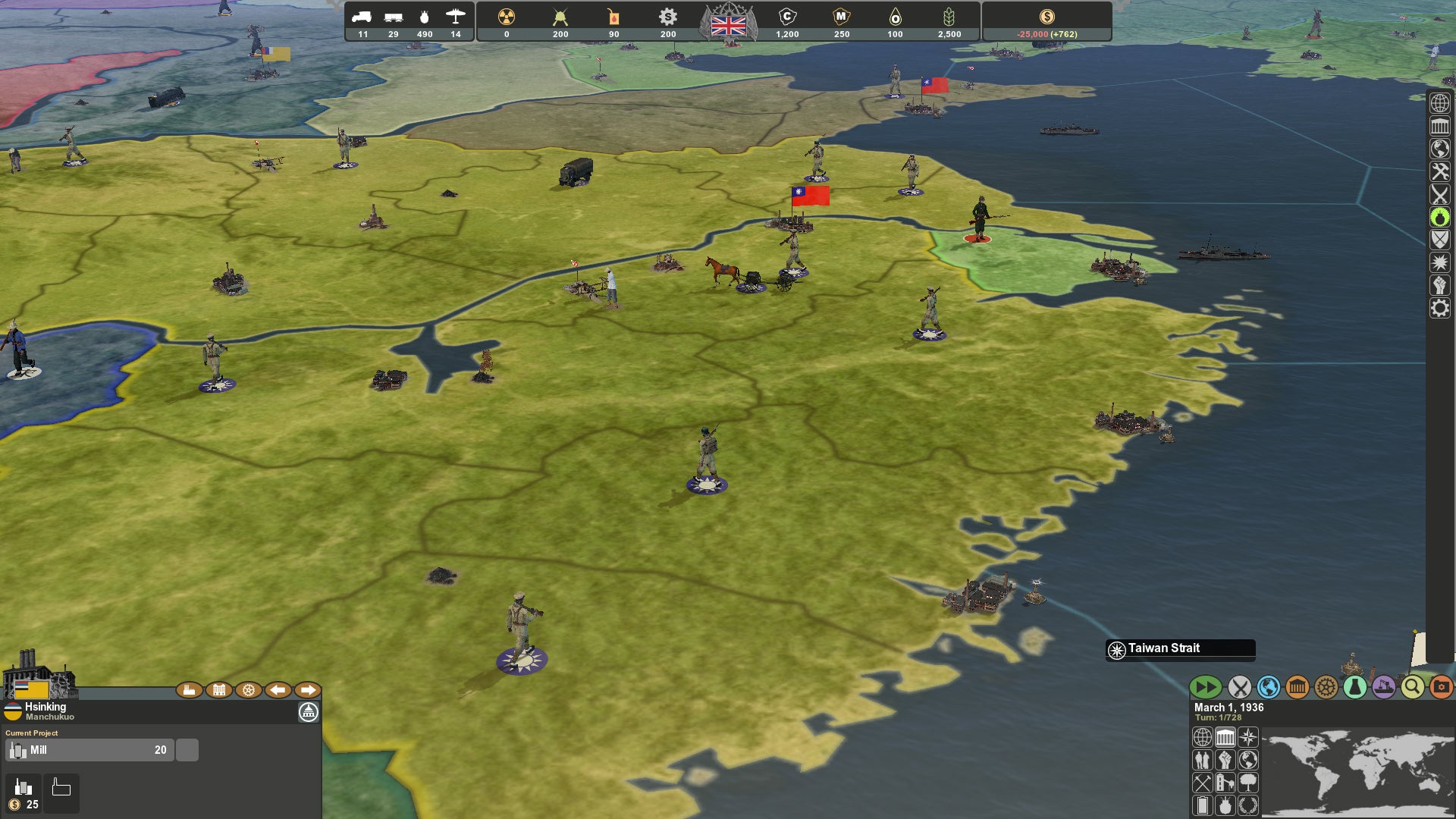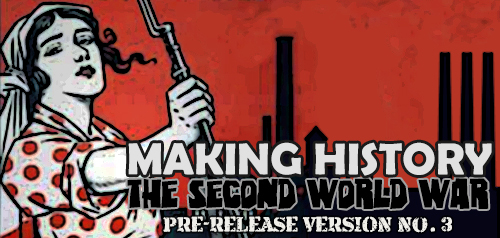
- #Is making history the second world war turn based code
- #Is making history the second world war turn based plus
- #Is making history the second world war turn based series
Students and teachers alike really embraced the scenario and enjoyed the opportunity to do something a bit different.Ĭodebreaking is not on the national curriculum and it does not need to be there. Up and down the maths corridor, my colleagues were delivering lessons using the same resources and generally having a lot of fun.

Hands shot up and I gave out the next set of coded messages to tackle. Were any of the year 8 codebreakers ready to take on this new challenge? You bet they were. The students quickly realised that they needed to work out the factor pairs of the total number of characters in any message and try out different sized grids. The students immediately put their pens down and listened carefully as I discussed how the transposition cipher worked by writing the message into a grid and then re-writing it without the grid, but reading down the page instead of across the page. "The German army is using a new codebreaking technique. "Urgent message from codebreaking HQ," I said.
#Is making history the second world war turn based code
This is a nice pictoral code that lower-attaining students generally enjoy working on.Īfter students had mastered these techniques, I asked for their attention again. Next up was the pigpen cipher, which uses symbols to replace each letter.
#Is making history the second world war turn based plus
For example, a shift of plus three would move all the letters three places along, so A becomes D and B becomes E. We started with the most basic code, the ceasar shift code, where the cipher alphabet is written under the normal plain text alphabet, but translated across by a given number of letters.

I resisted the urge to ask them to salute. I told them about the dangerous journeys that supply ships had to make across the Atlantic and gravely informed them that their mathematical skills were required to help protect the ships. Entering into the spirit of the thing, I gave myself the title of first officer King of the Women's Royal Naval Service and showed the students their brief. The year was now 1940 and they had just entered Hut 8: Station X. After painstakingly coding some of the messages myself, I discovered Simon Singh's excellent code website called the Black Chamber which does the job for you and I sent yet another prayer of thanks to the god of the internet.Īs my year 8 class walked through the door for their lesson, I told them they were no longer in 2013. I then set to work coding the messages using five different techniques: ceasar shift, pigpen cipher, transposition cipher, mono-alphabetic substitution and the Vigenère Square.
#Is making history the second world war turn based series
Ross wrote a series of messages in English, which gave the students facts about the battle of the Atlantic and the fight to keep control of the supplies being shipped into Britain. A colleague in the history department, Ross Bowrage, suggested putting the whole project in the context of World War II, getting our students to imagine they were in Bletchley Park deciphering messages to help the war effort. This year, the opportunity came to do it again as a department wide cross-curricular project and I leaped at the chance. It was a fun lesson to do, but there was scope to develop it more. I particularly like their transposition cipher because it helps cement pupils' understanding of factors and multiples. Initially I just used some resources from the Nrich website. To remind myself that teaching really is the best job in the world, I decided that I could have a go at being a codebreaker myself and I'd get my year 8 class to join in.

I started to have doubts about my own chosen career. To make it even more enticing, he pointed out that codebreakers weren't allowed to take work home and were strongly discouraged from staying later than 5pm. Where else could you say that your mathematical skills were being put to use to help protect the nation? You'll be serving Queen and country from a very comfortable office in Cheltenham. The work is really interesting and it pays well. Mathematicians are in high demand at GCHQ, he said.

He worked as a codebreaker and was incredibly cool. He was from the UK Government Communications Headquarters (GCHQ). Surely some of the bright young things in the audience would ignore the lure of the fat pay cheque and speak to me at the end? But just before my turn, a new presenter took the floor. I sat through presentations about banking and accountancy and felt at ease: my job can't compete on wages, but it's varied, fast-paced and hugely rewarding. About a year ago I was asked to take part in a careers event for maths students at the University of Oxford.


 0 kommentar(er)
0 kommentar(er)
